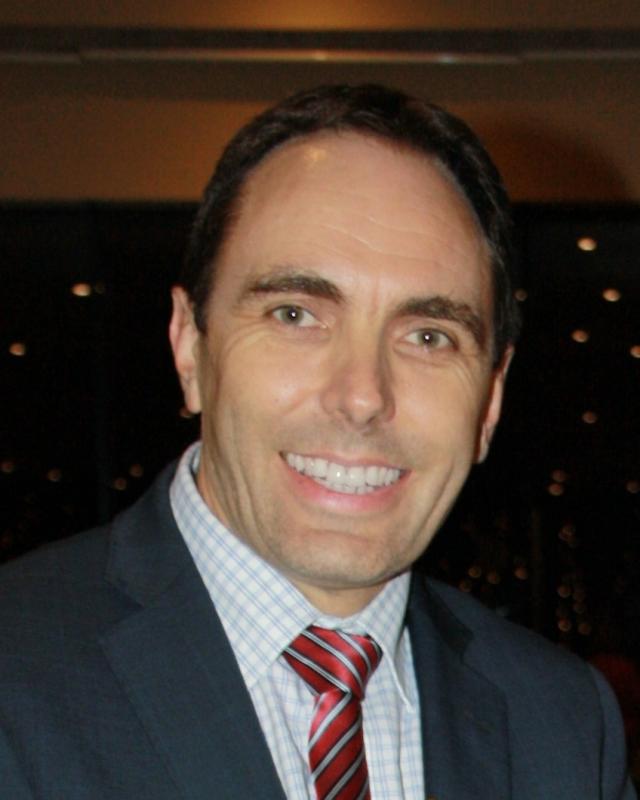
By Mikayla van Loon
Turning people away from accessing essential legal support has become the reality for community legal services in the outer east as funding hasn’t kept pace with demand.
After a decade of minimal funding increases, community legal services are urging the Federal Government to make some significant changes in the upcoming budget.
Eastern Community Legal Centre (ECLC) chief executive officer Michael Smith said funding has always been a struggle for community legal services but recent years have proved the most challenging.
“The funding Eastern Community Legal Centre is getting from the Federal Government hasn’t really changed in about 10 years,” he said.
“We’re not really getting indexation and nothing’s matched the growth in the issues we’re seeing from the community.”
Mr Smith said Community Legal Centres Australia has put forward a minimum of a $124 million increase to current funding, a figure he believes would accommodate the growing demand of services.
“We would have hoped that our funding from the Federal Government would double. We’re only getting about $600,000 from their federal money.
“So we’d hope they would double the money for our core work. It wouldn’t be a lot of money for them but it’ll be a huge change for us.”
The shortfall impact has meant ECLC has had to turn away hundreds, if not thousands, of people every year due to a lack of staff capacity.
“We’ve just got huge demand across our services. A lot of our work is in family violence. We’re helping women in particular, who are desperate for assistance with legal help for things like intervention orders, sometimes family law and children’s issues,” Mr Smith said.
“We’re helping people with infringements and local law issues, people with employment issues and a whole range of other things too but we’re having to turn people away because we haven’t got capacity with our staff.”
Last year, Mr Smith said some contract staff members had to be put off, yet again reducing the ability to help provide legal support to those who need it.
“It’s stressful for the team and it’s stressful for the clients who we really want to help. We have a fantastic intake team that takes the call, tries to prioritise which clients should get the help from our staff and which clients might be referred somewhere else.
“So when they have to tell people we can’t give them an appointment with a lawyer that they really need because we haven’t got the capacity, that’s pretty tough.”
Mr Smith said an example of the funding models needing to be more flexible and adaptable has been post the 2021 storms that hit the Yarra Ranges and the most recent storm event this year.
“When the storms happened in 2021, we did eventually get some funding to provide some more support around the storm’s work and that funding ran for two years so it has just run out.
“The staff we had with the extra money for that storm response in the Dandenong Ranges, their funding has just finished. We will be able to adapt to respond with the limited resources we have but if the demand is large, it’s going to be hard to meet that.
“It does show that the funding models need to adapt to have more flexibility and agility because if a big event happens, you can’t wait months for the government to get its act together before you put the extra resources on the ground.
“So we’ll always respond straight away but it is hard when your funding is not very flexible.”
The demand post the February storms has been “fairly limited so far” for ECLC but Mr Smith said sometimes it does take time for people to understand the legal needs they may have, especially when it comes to insurance.
While ECLC hasn’t experienced this yet, Mr Smith said other organisations and people on the ground have heard of many cases of family violence post storms as well, meaning more people may inquire about legal help.
“We know from previous experience with the storms in the Yarra Ranges about two years ago, that’s an issue and even back to the bushfires of 2009,” he said.
“We know when these major disasters happen, it affects families in lots of complex ways and things like family violence can get a lot worse in those situations, too.
“Sadly, about 80 per cent of our staff’s work is related to family violence but it does continue to rise when these things happen.”
Pushing for increased funding, Mr Smith said, is not only about the immediacy of helping people now but in the long term as more and more people seek support.
“This is really, really urgent, and we need to make the community aware of how important this is.
“I think people often aren’t aware of what their community legal centres are doing and then also, they don’t recognise their need for legal help until they really need it.”
The National Legal Assistance Partnership (NLAP) review currently sits with the Attorney General in the lead up to the May budget and the adoption of a new NLAP in June 2025.
Anyone requiring legal assistance for storm recovery can find information here, eclc.org.au/wp-content/uploads/Disaster-Recovery-Legal-Help.pdf







